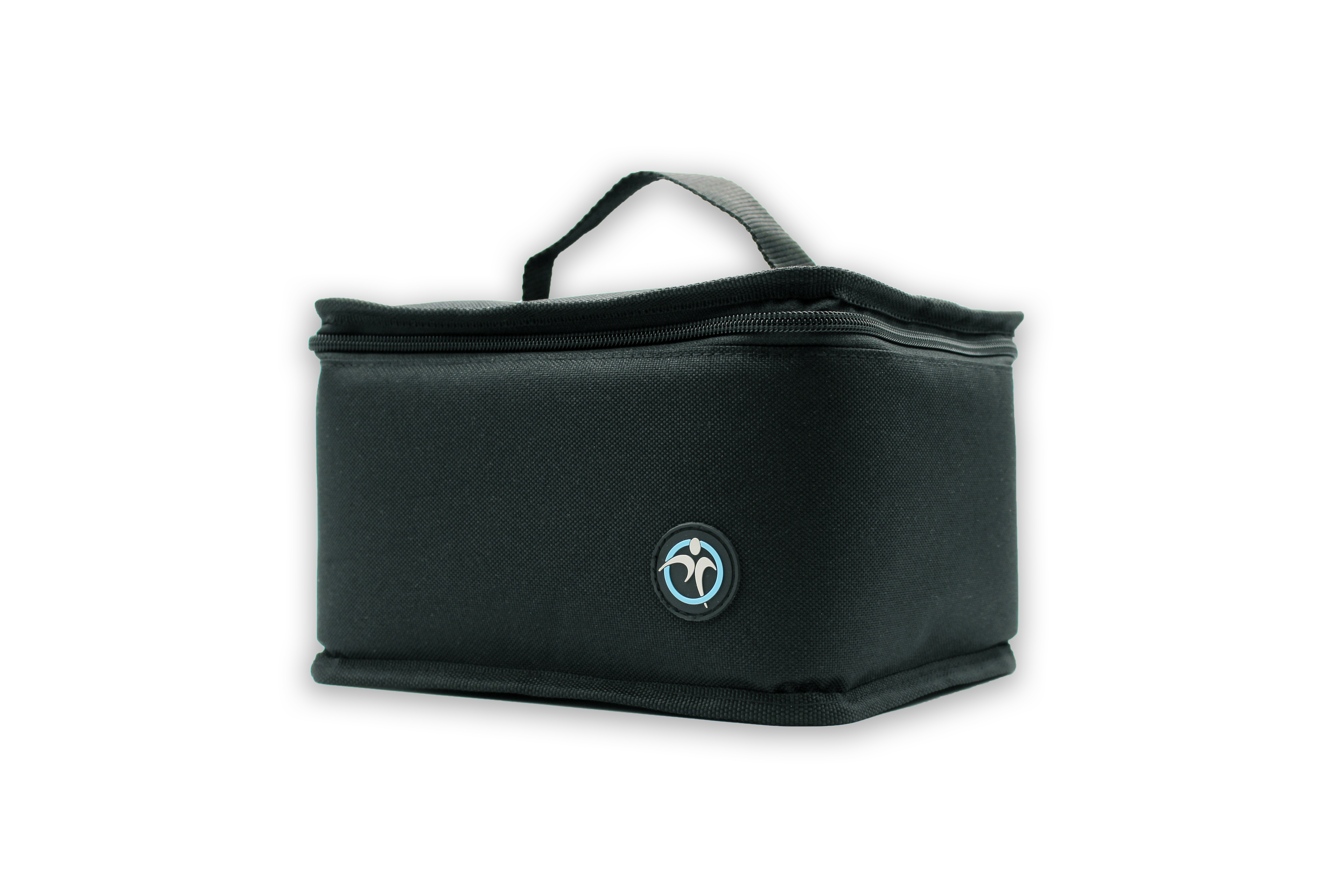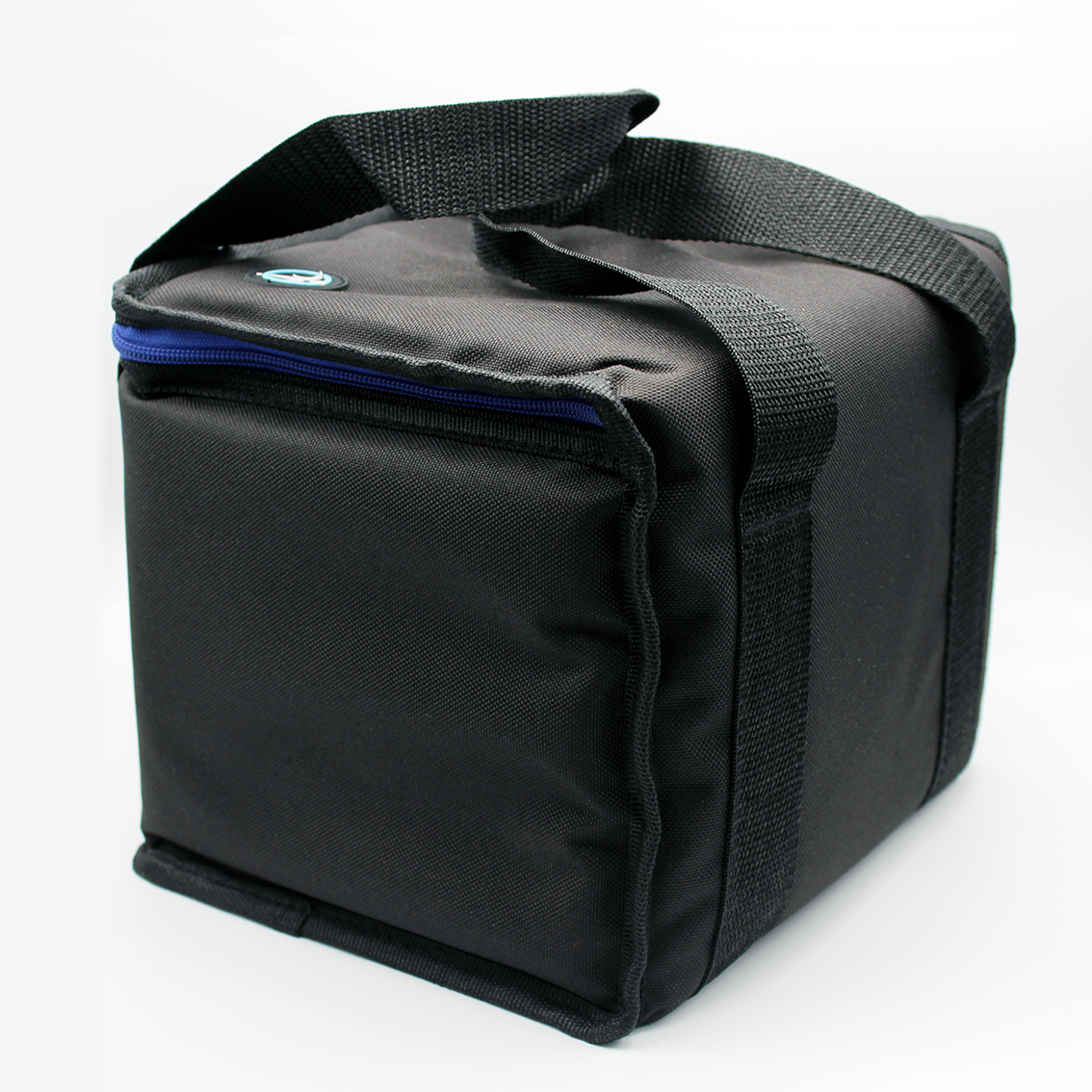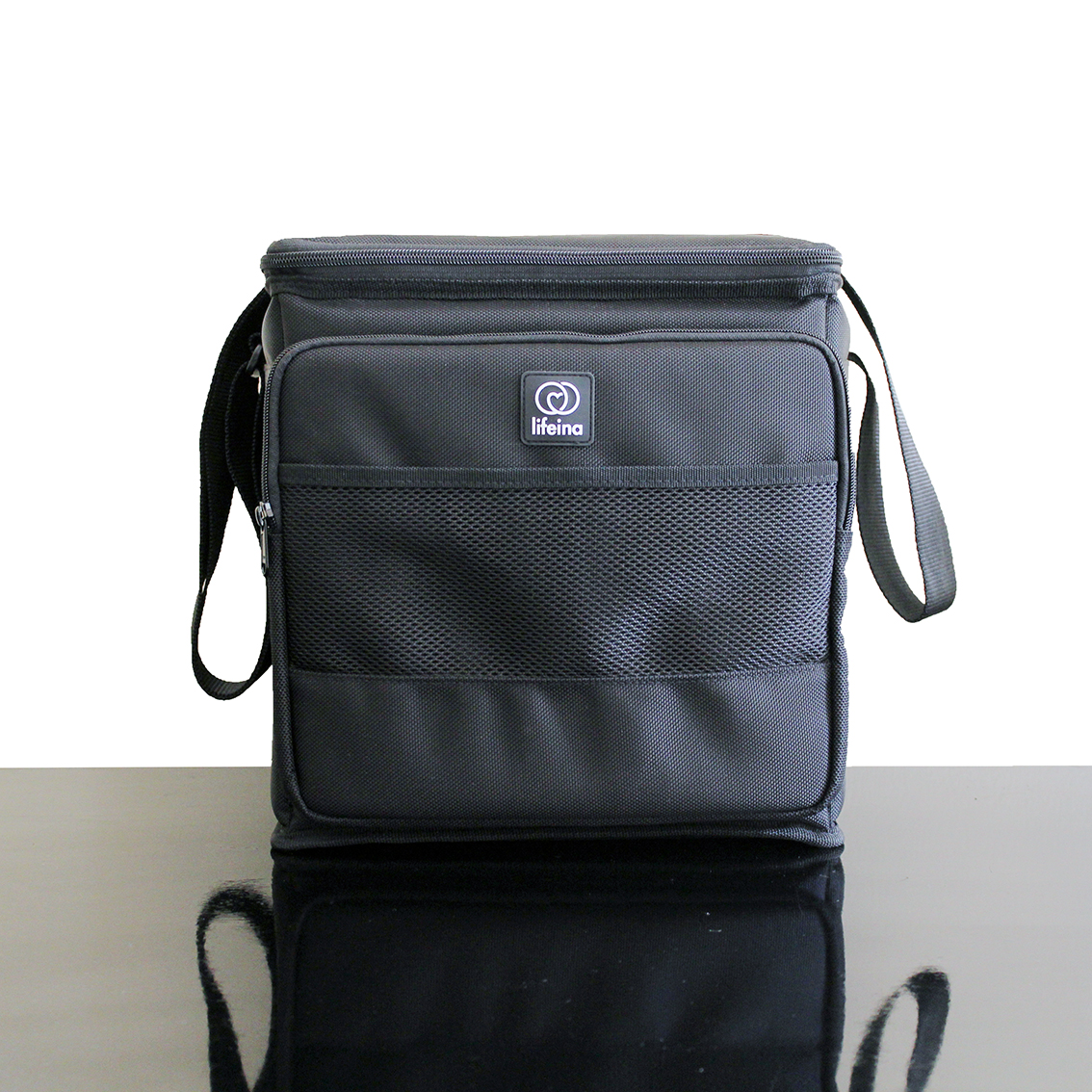The delivery of the new COVID-19 vaccines presents huge technical challenges. Whether it is international transport, or simply “last-mile” delivery to the recipient of the vaccine, the challenge of transporting large amounts of vaccines at preset temperatures is complicated. “Delivering 7.5 billion doses of vaccine globally is a challenge of epic proportions. Of course, you have to consider the logistics of delivery in different areas or countries, but the «last mile challenge» of delivering a vaccine that needs to be kept at a temperature between 2 and 8°C in places that do not have the necessary infrastructure for safe transport and delivery will always remain an issue”, says Dr Olaf DIEGEL, Director of R&D at MedActiv. The World Health Organization estimates that up to 47% of vaccines are denatured in some way during the “last-mile” of delivery.
The COVID-19 vaccine will be available in three different formulations requiring different temperature ranges:
1) The Pfizer/BioNTech vaccine needs to be transported at -70°C; but can be kept at a temperature between 2 and 8°C for up to 5 days for “last-mile” delivery and use.
2) The Moderna vaccine needs to be transported at -20°C; but can be kept at a temperature between 2 and 8°C for up to 30 days for “last-mile” delivery and use.
3) Most other vaccines will be stored and transported at a temperature between 2 and 8°C.
MedActiv, a French company created in 2008, is a worldwide leader in the manufacturing of isothermal solutions for the pharmaceutical industry. Lifeina is a French company that has created the world’s smallest fridge for the safe transport of medication. These two companies have joined forces to produce a full range of products for the transport of the COVID-19 vaccine.
- iCool VacPack: For the transport of single or smaller quantities of vaccines by individuals or private healthcare professionals.
• 18 hours between 2 and 8°C
• Cavity size: 18 x 7 x 7cm
• Contains 24 vials of vaccines

- iCool MediCube: For the transport of daily quantities of vaccines by healthcare professionals who need to be mobile to vaccine patients in remote areas (old-age home).
• 36 hours between 2 and 8°C
• Cavity size: 18 x 9 x 14cm
• Contains 72 vials of vaccines

- BioBag: For the transport of larger quantities of vaccines by healthcare professionals.
• 60 hours between -25 and -15°C
• 92 hours between 2 and 8°C
• Cavity size: 20 x 20 x 20cm
• Contains 108 vials of vaccines

- Vaccine Box PRO: Re-useable secure packaging for the transport of larger quantities of vaccines for delivery to local distribution centers.
• 100 hours between 2 and 8°C
• Cavity size: 35 x 20 x 20cm
• Contains 400 vials of vaccines
• Also available as a single-use device

The MedActiv/Lifeina solutions use SAP (Super Absorbent Polymers) that were specially developed by MedActiv as phase change materials. A phase change material (PCM) is a substance which releases sufficient energy at phase transition to provide useful cooling. The MedActiv gel packs will generate cold while transiting from solid to liquid format. They are frozen after 8 hours at -18°C but after 12 hours of freezing time they will enter a new phase and stay frozen for three times longer. They are compact, insensitive to motion or tilting, have no moving parts, and simply need to be frozen in a standard household refrigerator at -18°C for 12 hours.
As leaders in the development of solutions for thermo-sensitive medication, MedActiv and Lifeina are playing an important role in the management of COVID-19 vaccines worldwide. “When we first imagined the world’s smallest fridge back in 2008, we had not yet realized how important our business would become. Today I am proud that we are helping millions of people worldwide to be vaccinated against the COVID-19 virus. Our entire organization has now been re-focused on finding solutions for the transport and delivery of the COVID-19 vaccine” says Uwe DIEGEL, CEO of Lifeina
